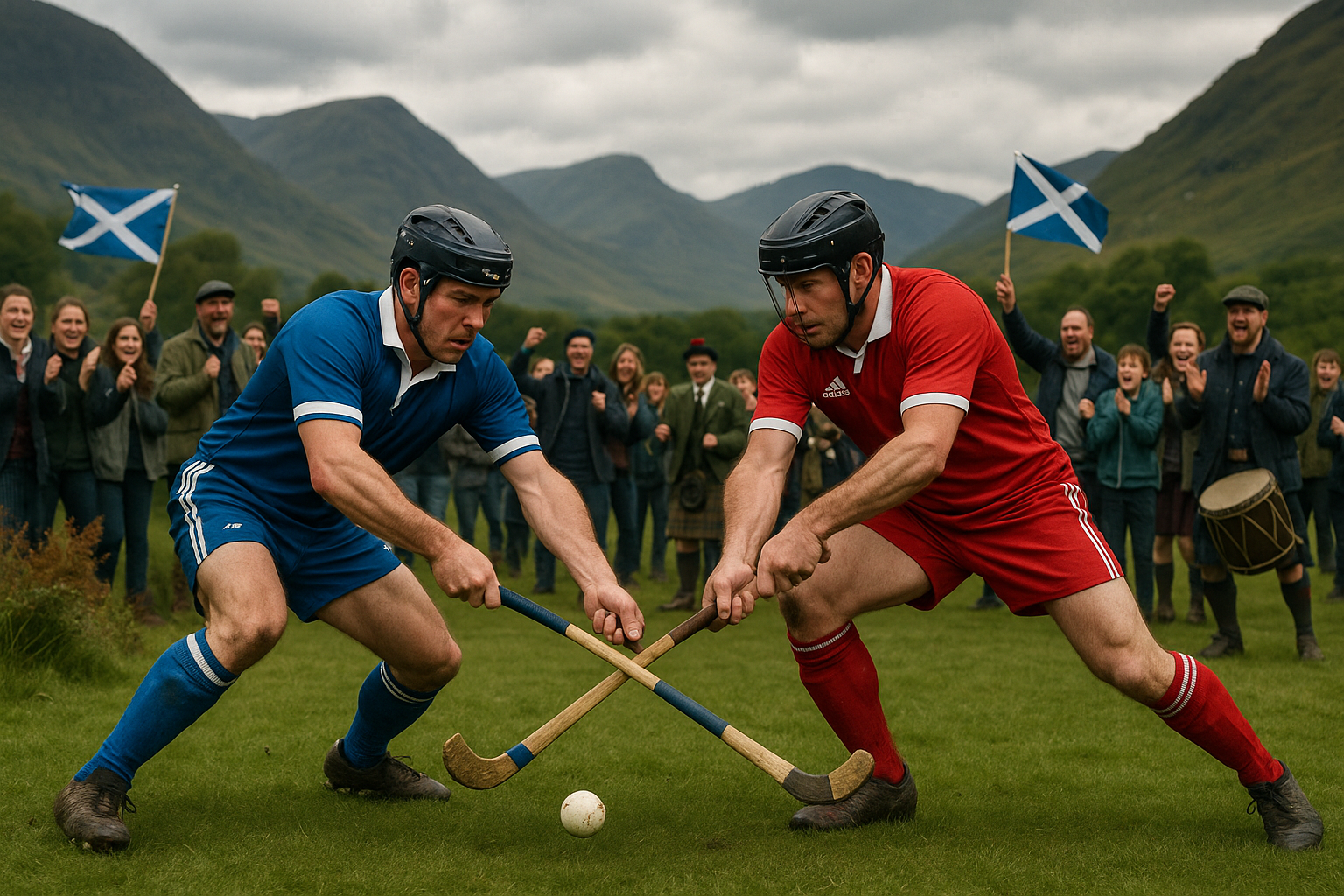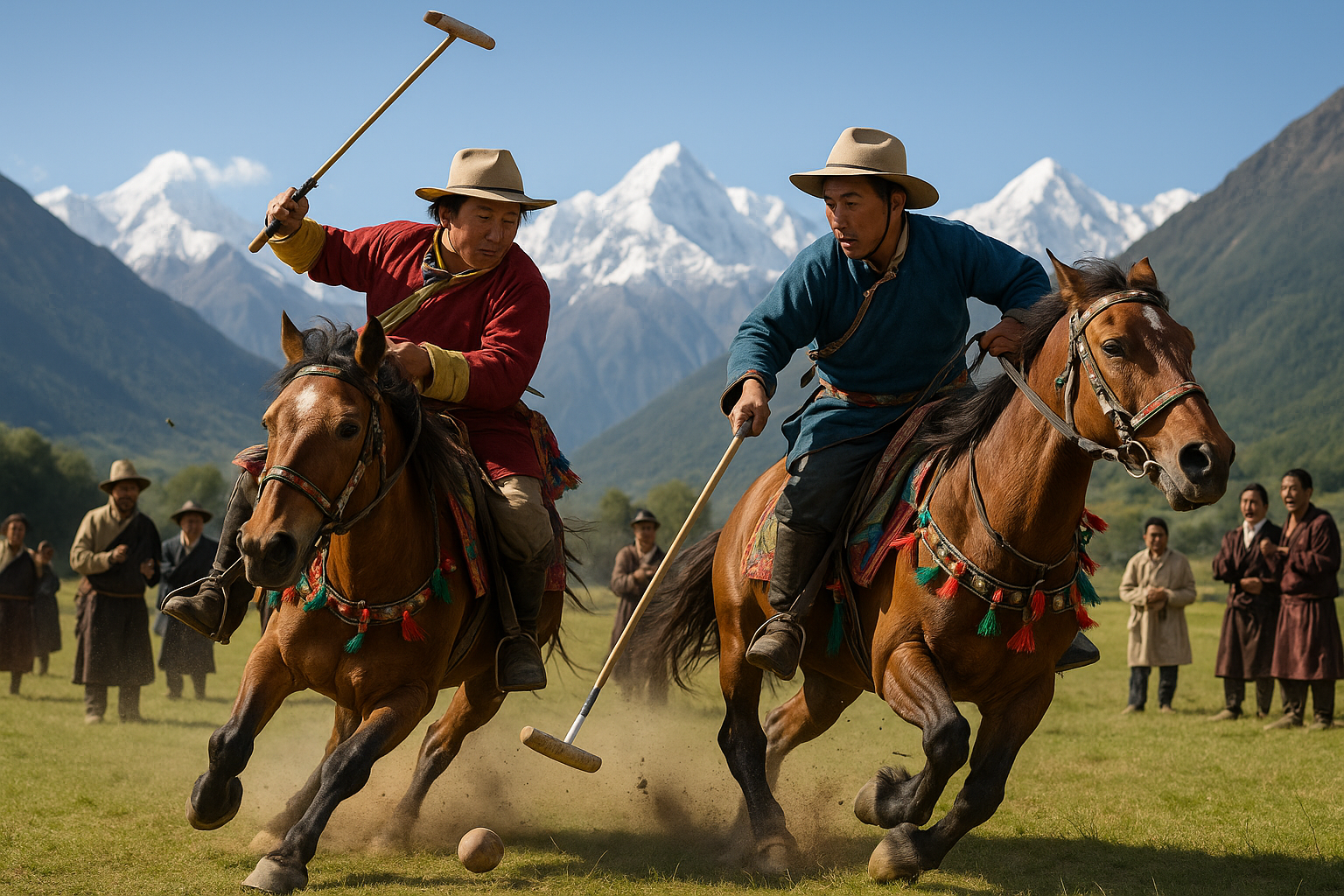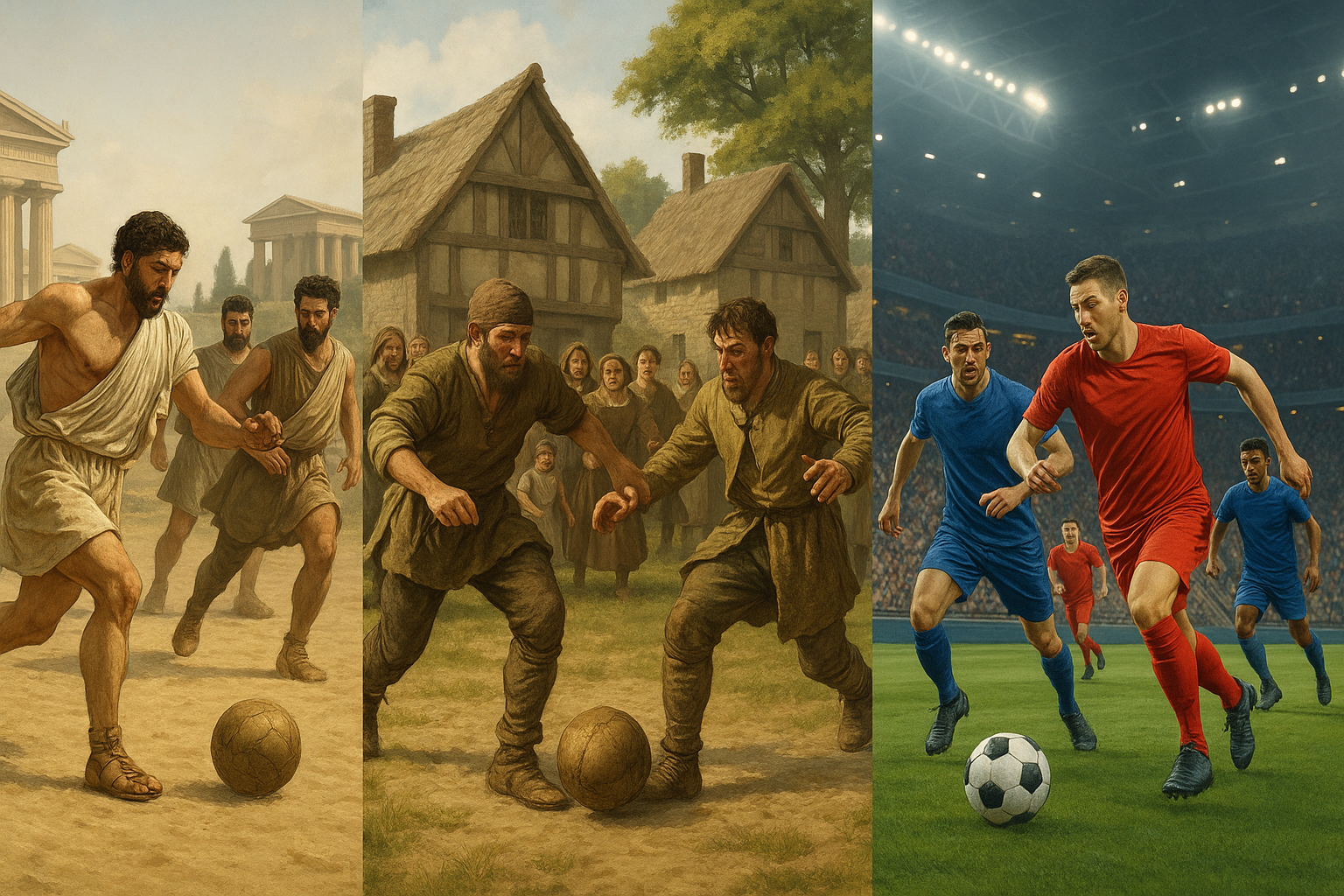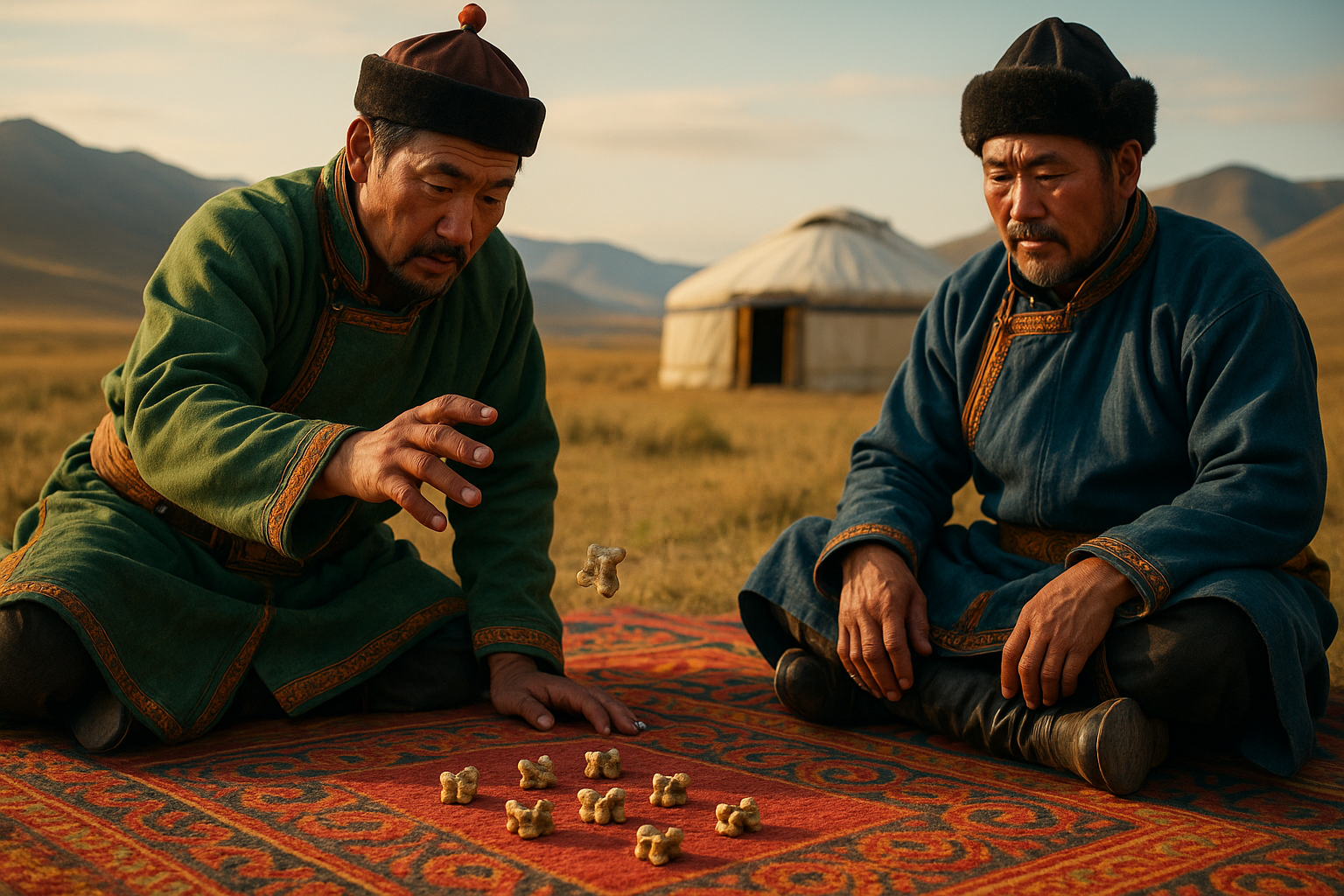In the rolling hills of the Basque Country, where verdant landscapes meet the rugged beauty of the Pyrenees, a unique cultural tapestry weaves its way through the heart of agricultural communities. This is a region where the land provides not only sustenance but also a profound sense of identity and tradition. Amidst the daily routines of tending to livestock and harvesting crops, a time-honored pastime brings people together, echoing the rhythms of the land itself: Basque pelota. 🎾
Basque pelota is more than just a sport; it’s a celebration of community, heritage, and the enduring connection between people and their environment. From small villages to bustling towns, the sound of the pelota striking the fronton resonates with the pulse of rural life. This ancient game, with its roots deeply embedded in Basque culture, reflects a way of life that harmonizes work, play, and social cohesion.
As you wander through these picturesque landscapes, you’ll discover that the fronton — the court where pelota is played — is often the beating heart of the community. It’s a place where generations converge, stories are shared, and rivalries are forged. But how did this sport, seemingly simple yet rich in tradition, become such a pivotal part of agricultural communities?
In this article, we’ll journey through the history and evolution of Basque pelota, exploring how it mirrors the agricultural cycles and communal values of the Basque people. We’ll delve into the origins of the game, tracing its lineage from ancient times to its modern-day variations. You’ll learn about the different styles of play, each with its own unique flair and regional nuances, such as the fast-paced jai alai or the strategic mano, played with bare hands.
Our exploration will take us to the heart of the communities where pelota thrives. We’ll meet the players — from local legends to aspiring young talents — who balance their time between working the land and mastering the court. Their stories offer a glimpse into a world where tradition is not just preserved but lived and breathed every day. 🌿
The article will also examine the social and cultural significance of Basque pelota in agricultural settings. How does this sport strengthen community bonds? What role does it play in preserving the Basque language and traditions? We’ll discuss the vibrant festivals and events centered around pelota, showcasing how these gatherings serve as a focal point for cultural exchange and celebration.
Furthermore, we’ll consider the challenges faced by these communities in keeping the tradition alive amidst modern pressures and a changing rural landscape. From the impact of globalization to the economic realities of farming, how does Basque pelota adapt and endure? What initiatives are being undertaken to ensure its survival for future generations?
By the end of our exploration, you’ll not only have a deeper understanding of Basque pelota but also an appreciation for the resilience and richness of Basque culture. This is more than a story of a sport; it’s a testament to the enduring spirit of a people and their unwavering connection to the land they call home. Whether you’re a sports enthusiast, a cultural explorer, or simply curious about the interplay between tradition and modernity, this journey promises to be as engaging as it is enlightening.
So, lace up your shoes and grab your cesta; it’s time to step onto the fronton and immerse yourself in the world of Basque pelota. Let’s explore how this captivating game continues to thrive in the heart of agricultural communities, offering a window into the soul of the Basque Country. 🏞️
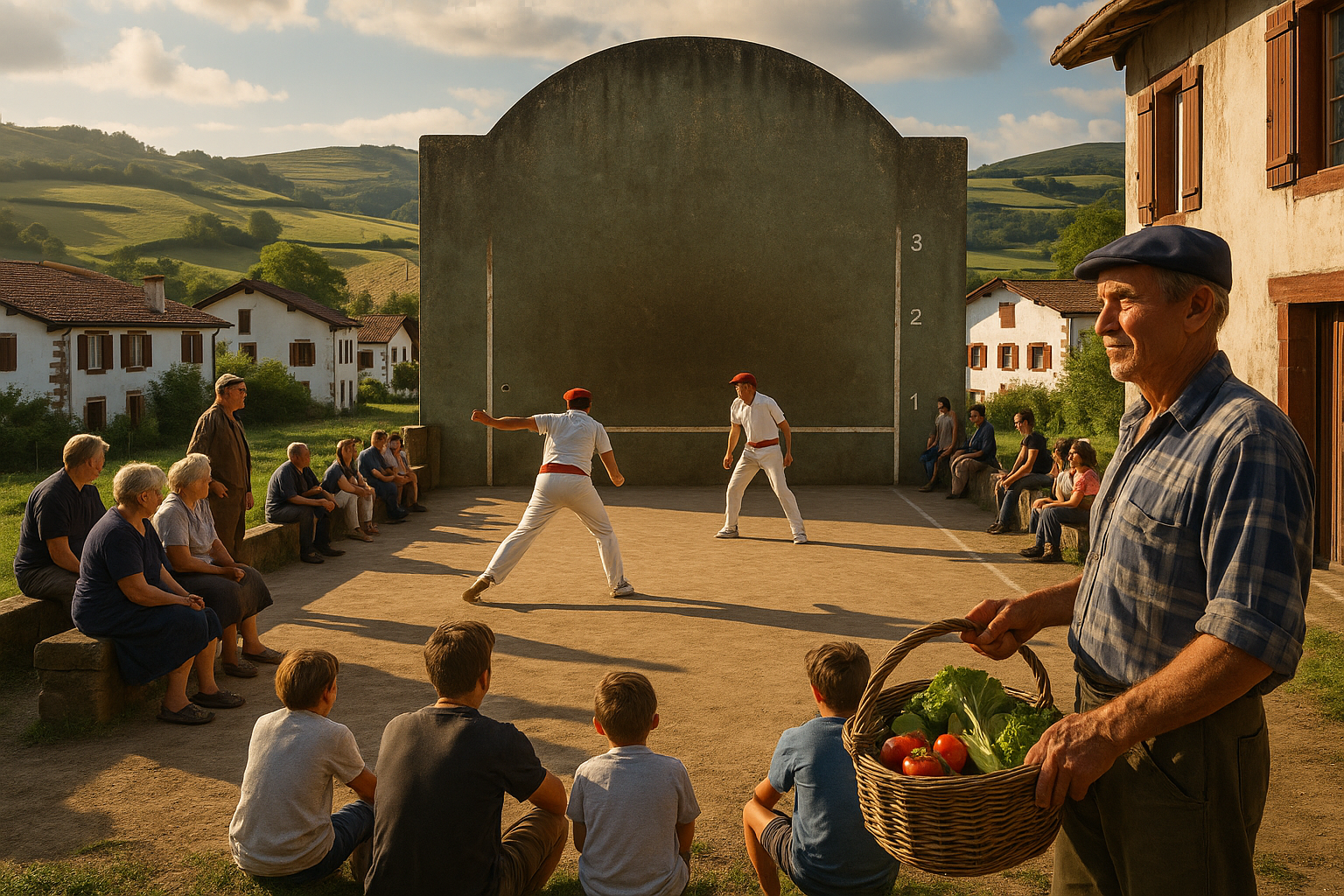
Conclusion
The journey through the traditions of Basque Pelota within agricultural communities has been a fascinating exploration of culture, sport, and identity. From its roots in the pastoral landscapes of the Basque Country to its presence in international sporting events, Basque Pelota has not only survived but thrived as a unique symbol of cultural heritage. This exploration of the sport highlights its deep ties to the land and the people who cultivate it, providing a window into the lives of those who continue to uphold this enduring tradition.
**Recap of Key Points**
Firstly, we delved into the historical origins of Basque Pelota, tracing its evolution from simple games played in the fields to the structured matches seen today. This transformation reflects the adaptability and enduring appeal of the sport, illustrating its importance in Basque culture.
Next, we examined how the sport is intertwined with agricultural life, emphasizing the role of community gatherings at local frontons. These events serve as both competitive sport and social gatherings, reinforcing community bonds and fostering a sense of shared identity. The skills and physicality required for Basque Pelota mirror the resilience and strength found in farming, creating a natural synergy between the two.
We also discussed the international reach of Basque Pelota, highlighting its inclusion in global competitions and its appeal to a wider audience. This global presence not only showcases the sport but also elevates the profile of Basque culture on an international stage, allowing it to be appreciated and celebrated by diverse audiences.
**The Importance of Preserving Tradition**
Preserving the tradition of Basque Pelota is crucial for maintaining cultural diversity and heritage. As modernity and globalization continue to shape the world, unique cultural practices like Basque Pelota offer valuable insights into regional histories and identities. By supporting and participating in these traditions, we contribute to a richer, more diverse cultural tapestry.
Moreover, Basque Pelota serves as a living connection to the past, a reminder of the hard work and dedication of those who have maintained this tradition through generations. It stands as a testament to the enduring spirit of the Basque people and their commitment to preserving their way of life.
**Encouraging Engagement and Participation**
We encourage readers to immerse themselves in the rich world of Basque Pelota, whether by attending a local match, trying their hand at playing, or simply learning more about its history. Engaging with this tradition not only supports its continuation but also provides a rewarding experience, offering insights into a culture that values community, resilience, and skill. 🌍
We invite you to share this article with friends, family, and fellow enthusiasts to spread awareness of this fascinating tradition. Feel free to leave a comment below with your thoughts or experiences related to Basque Pelota. Your engagement helps foster a community of appreciation and support for this unique cultural practice. 💬
For those interested in diving deeper into the subject, here are some active resources to explore:
– [The International Federation of Basque Pelota](https://www.fipv.net/)
– [Basque Pelota on Culture Trip](https://theculturetrip.com/europe/spain/articles/a-brief-history-of-basque-pelota/)
– [Explore Basque Culture](https://www.euskoguide.com/basque-country-culture/)
Thank you for joining us on this journey from the farm to the fronton. We hope it has inspired you to appreciate the beauty and complexity of Basque Pelota, encouraging you to explore and celebrate the diverse traditions that enrich our world. 🏆
—
*This article was inspired by the enduring legacy of Basque Pelota and the communities that cherish it. For further reading and exploration, please visit the links provided. Your curiosity and support keep these traditions alive.*
Toni Santos is a cultural movement researcher and traditional sport ethnographer specializing in the study of forgotten combat systems, historical ball game rituals, and the physical languages embedded in ancient athletic traditions. Through an interdisciplinary and movement-focused lens, Toni investigates how humanity has encoded discipline, competition, and tradition into physical play — across cultures, fields, and forgotten arenas. His work is grounded in a fascination with sports not only as games, but as carriers of hidden meaning. From ancient martial arts lineages to historical ball games and unusual solo challenges, Toni uncovers the visual and symbolic tools through which cultures preserved their relationship with the athletic unknown. With a background in movement semiotics and sporting heritage history, Toni blends visual analysis with archival research to reveal how games were used to shape identity, transmit memory, and encode community knowledge. As the creative mind behind tapzix.com, Toni curates illustrated sport taxonomies, speculative game studies, and symbolic interpretations that revive the deep cultural ties between athletics, folklore, and forgotten tradition. His work is a tribute to: The lost combat wisdom of Ancient Martial Arts Traditions The guarded rituals of Historical Ball Games and Their Origins The communal presence of Rural Team Sports and Folklore The layered physical language of Unusual Solo Games and Challenges Whether you're a sporting historian, movement researcher, or curious gatherer of forgotten athletic wisdom, Toni invites you to explore the hidden roots of traditional games — one move, one match, one tradition at a time.

